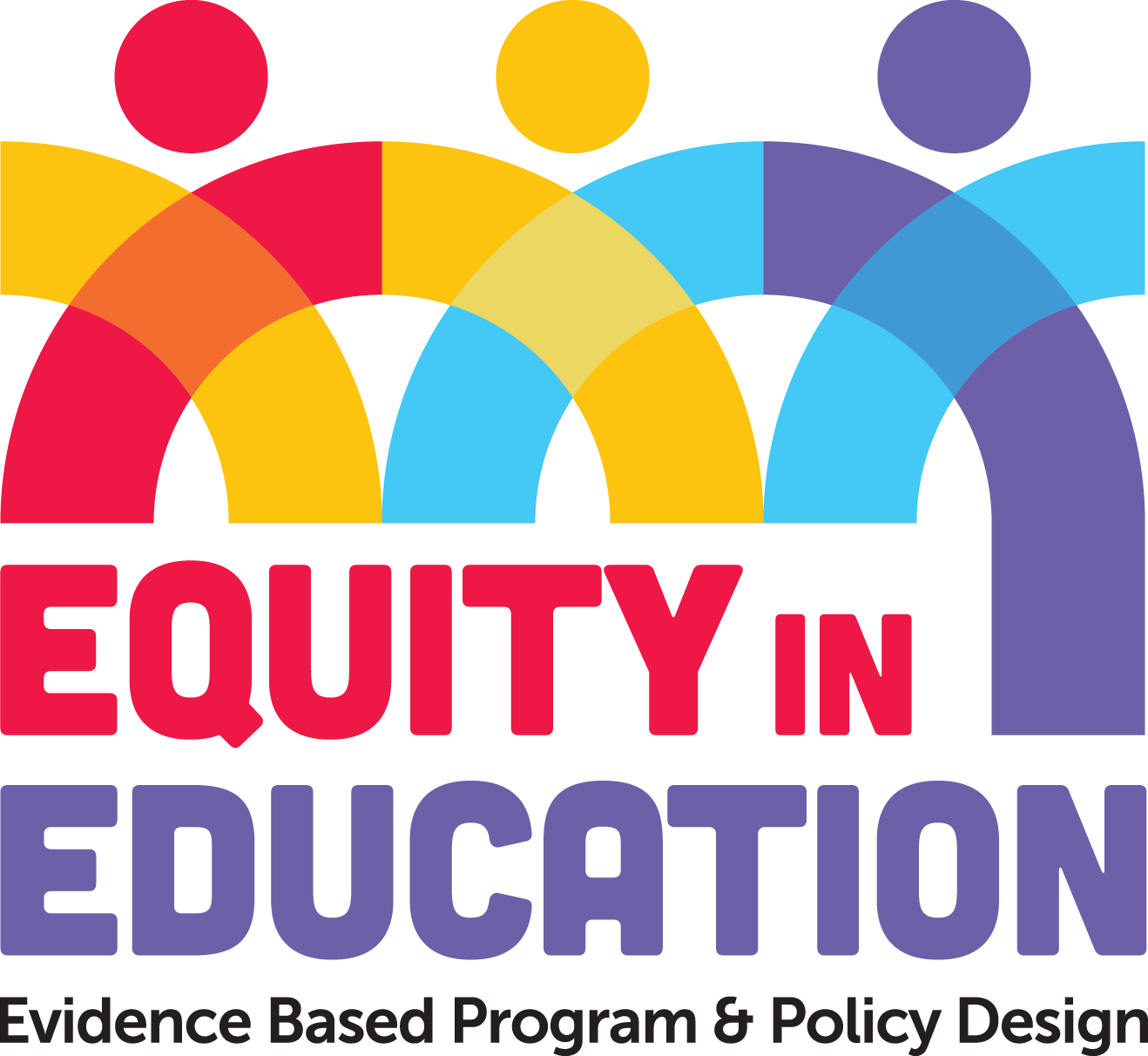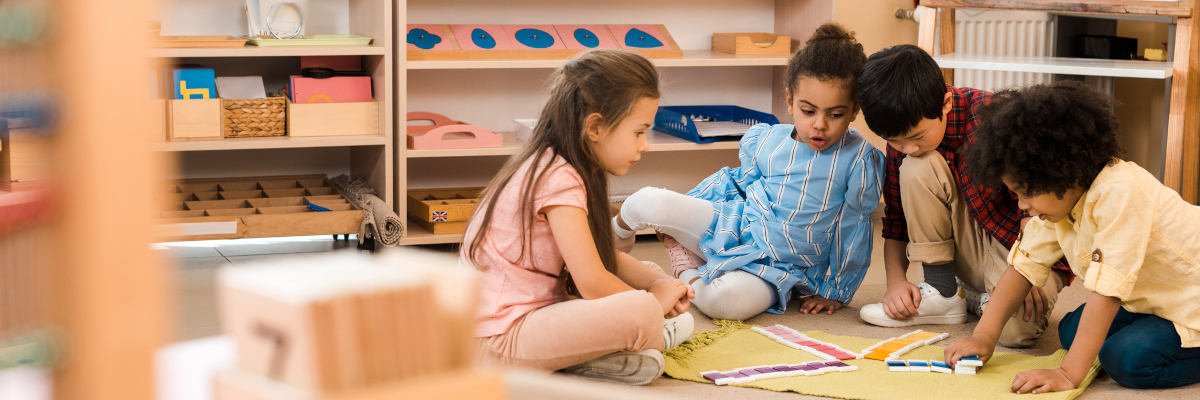Peer collaboration is a foundational skill that emerges in early childhood. Children spend significant time in early educational settings, making it an important setting where young children can learn how to collaborate with peers. However, research on how to support children’s collaboration effectively is limited and findings in this area have been inconsistent. This systematic review synthesises the effectiveness of interventions designed to enhance peer collaboration among children aged zero to six in early educational settings. The searches were conducted in Education Resource Information Centre (ERIC), PsycINFO, Education Resource, and Child Development and Adolescent Studies. A total of 18 studies met our inclusion criteria and were included in the systematic review. Included interventions targeted five components of peer collobaration: (1) communication skills; (2) ability to share goals; (3) collaborative products; (4) knowledge exchange; and (5) collaborative prosocial skills. The structure and implementation of the interventions were examined. Diverse strategies such as grouping children based on criteria, evaluations of collaborative products, role assignments, and adult observation and guidance were used to enhance young children’s peer collaboration. The interventions primarily focused on children’s direct engagement in tasks, with limited attention given to educators. The systematic review found mixed results regarding the impact of interventions on children’s peer collaboration. Our findings provide researchers, policy makers and educators with empirical guidance on how to support this skill in young children.
AUTHORS
Funded Project
Intervention Creation
and Testing







